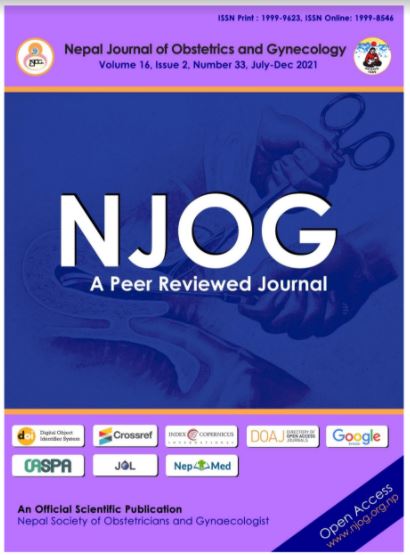Types of plagiarism and how to avoid misconduct: Pros and cons of plagiarism detection tools in research writing and publication
Keywords:
misconduct, plagiarism types and tool, research writing publication, softwareAbstract
The ultimate journey of research and writing is publication. To see one’s name listed in the author's byline is an exciting feeling. This exciting feeling of authorship credit is linked with responsibility. The impact of the published work will depend on the dissemination of evidence-based scientific findings to help the health care workers, scientists, and policymakers for the benefit of society. This requires ethical research, to begin with, and publication without misconduct to maintain the integrity and trust in science. Among various misconducts in research writing and publication, plagiarism is serious scientific misconduct. The issue of plagiarism is a global concern that requires a collective effort from all stakeholders to prevent it and take prompt action if this issue does arise. Adequate teaching and training are necessary to increase awareness right from the early phases of learning; and to develop a culture of ethical research, writing, and publication. Types of plagiarism and its characteristics vary and should be dealt with accordingly, from a warning to definitive punishment for the offense committed. The software available to detect and avoid plagiarism is plenty and should be used taking into consideration their accuracy, usability, and cost.
Downloads
Downloads
Published
How to Cite
Issue
Section
License
Copyright (c) 2022 Jay N Shah, Jenifei Shah, Gehanath Baral

This work is licensed under a Creative Commons Attribution-NonCommercial 4.0 International License.
Copyright on any research article in the Nepal Journal of Obstetrics and Gynaecology is retained by the author(s).
The authors grant the Nepal Journal of Obstetrics and Gynaecology a license to publish the article and identify itself as the original publisher.
Articles in the Nepal Journal of Obstetrics and Gynaecology are Open Access articles published under the Creative Commons CC BY-NC License (https://creativecommons.org/licenses/by-nc/4.0/)
This license permits use, distribution and reproduction in any medium, provided the original work is properly cited, and it is not used for commercial purposes.



